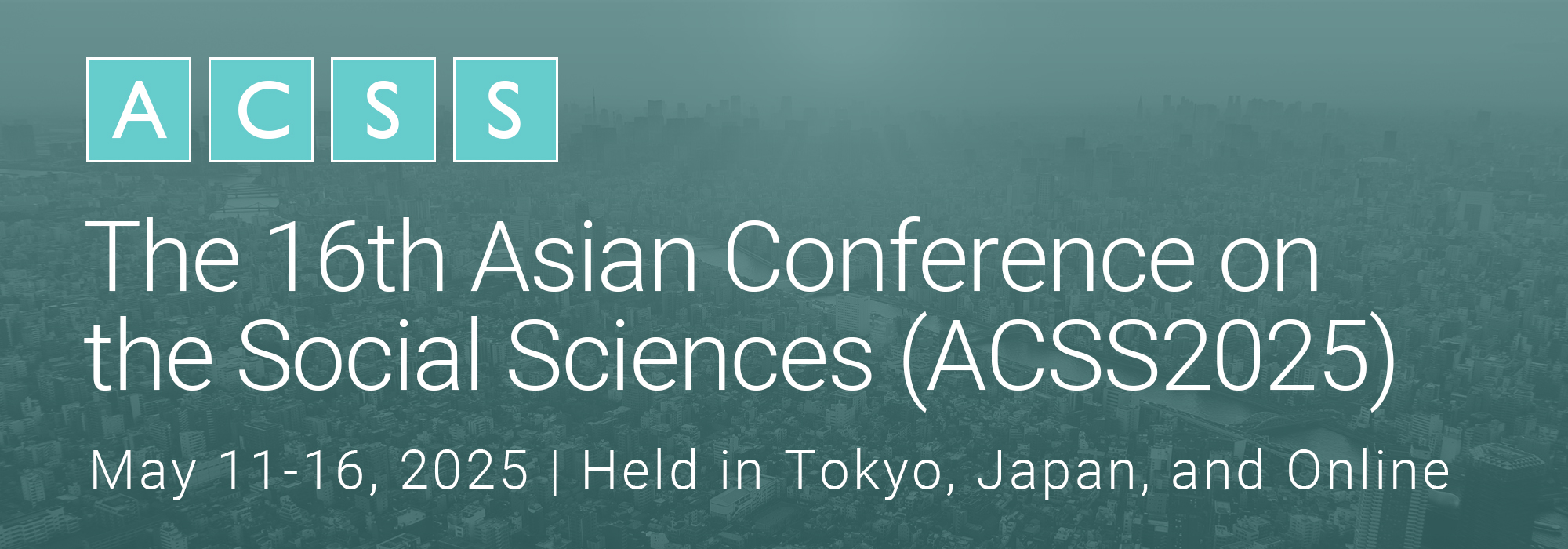Global citizenship is a concept that has become central to how we can create a more just, equitable, and peaceful world. The challenge of global citizenship is finding a way to cultivate a ‘culture of peace’ that transcends borders and ideologies despite our differences. As our world simultaneously becomes more interconnected and polarised, it is crucial to explore the role of education, systems, and societal practices in shaping the values and actions of future global leaders and citizens.
According to Brazil’s Federal Prosecutor Luciana Asper, ‘nobody is born corrupt or an excellent citizen. It’s really a matter of learning and being exposed to tools and experiences that will change your mind, your heart, and your behaviour.’ UNESCO has highlighted the importance of cultivating ‘A Culture of Peace’ that encourages dialogue, understanding, and respect for diversity. Universities have proven time and time again to be in a unique position to challenge traditional notions of conflict and competition while promoting alternative ways of collaboration.
However, are universities today in a good position to engage in peace education, or is it too late by the time students join them? Can we cultivate peace by developing systems that discourage competition and encourage collaboration? Is peace at all possible, or is conflict part of human DNA? IAFOR is inviting delegates to this Forum session to discuss how education, systems, and societal practices can influence the prospects for peace.
Read presenters' biographies
